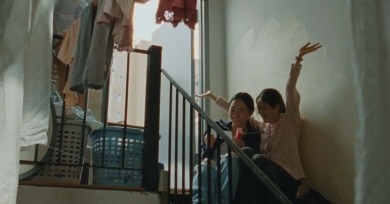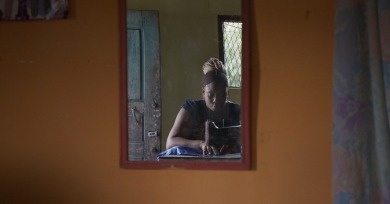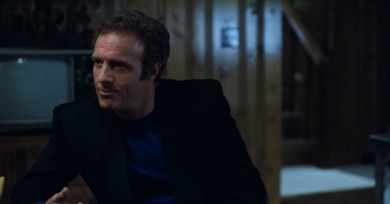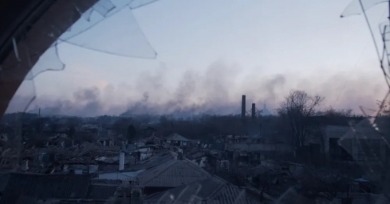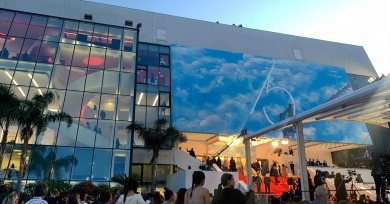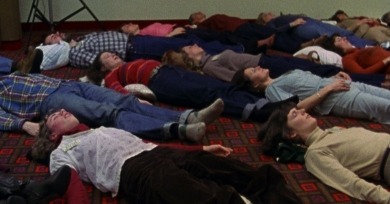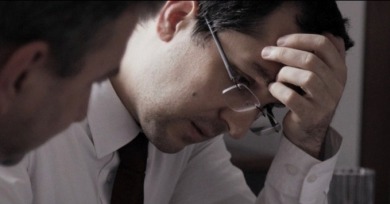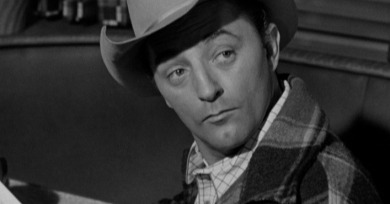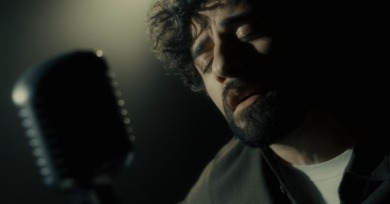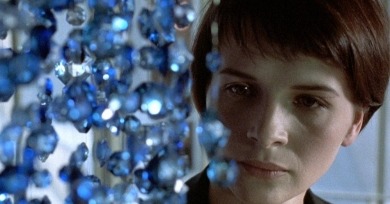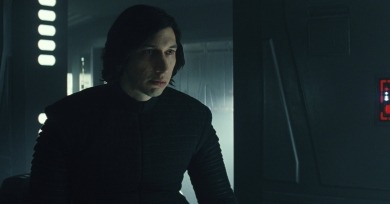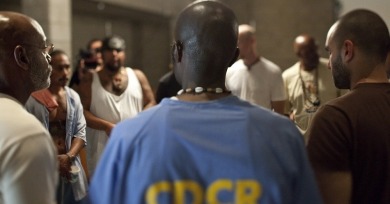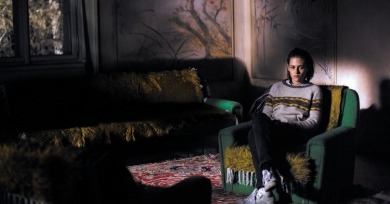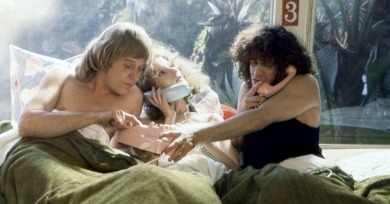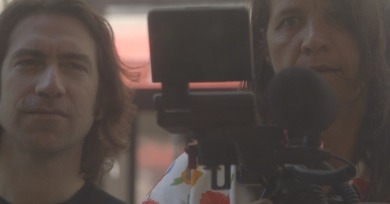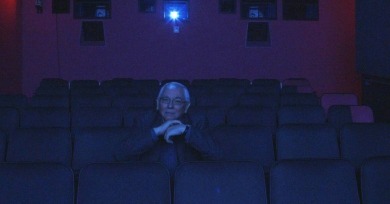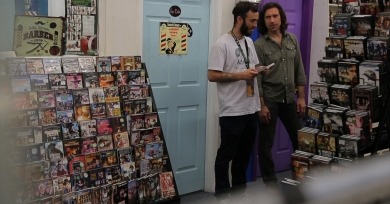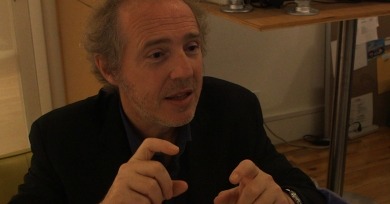Eric Hynes
For the third year, Museum of the Moving Image film curators have visited the Cannes Film Festival and have engaged in a dialogue about the films on offer.
Museum of the Moving Image film curators Eric Hynes and Edo Choi continue their chat about Cannes 2023, including comments on Killers of the Flower Moon, May December, Anatomy of a Fall, The Pot au Feu, and more.
For the second year in a row, MoMI’s film curators visited the Cannes Film Festival together. Hynes and Choi pass notes in the hall between screenings, discussing the culture of and around the festival, and, yes, the occasional film.
Jimmy Caan was not an icon. He was a guy you knew or met and never forgot, and remembered in your body, your insecurities, your impulses.
Welcome to the 20th annual declaration of the Golden Age of Documentary Filmmaking. Or is it the 25th annual? The moniker has been invoked intermittently for roughly this last fifth of the history of film exhibition.
This was the first year that the film curators of MoMI visited the Cannes Film Festival together. Eric Hynes and Edo Choi compare notes on the scene, the culture of the festival, the slate, and what it might mean for MoMI.
I really wanted us to experience the way that history and our representation of truth is mediated through images, through popular culture, through the news, through horror films, and through archives of therapy sessions.
From the vantage of our quarantined silos, we’ve had occasion to reflect upon how and where we gather, particularly in independent film circles, and whether they might stand for improvement.
"There is something going on right now, all over the world. We all feel we are all together in this. We do not really know anymore how societies function. We do not really trust that those in power are really governing in our interests."
A roiling existential angst unites a high-concept comedy by Albert Brooks and a classic melodrama by Nicholas Ray.
Watching the film just six years after its late 2013 release already feels like putting on a favorite record that time has sharpened and warped, as time and folk records are designed to do. It was never new and it never gets old.
Kieslowski’s commitment to coloring is consistent, almost totalizing, but there’s always another force in the frame, something colored that isn’t mere color, something seen that’s never fully comprehended: Binoche herself.
Tasked with the pivot film in a trilogy, Johnson chose the right time to reinvigorate the narrative with irreconcilable forces, doubts, and conflicts. Suspension is the best asset of a a middle chapter. And best in that it is truest.
In a film like The Work, with its multiple layers of privileged access and precariously obtained permissions from an array of potentially volatile participants, you are not just being allowed to see. Your sight is essential. Seeing and being seen is the point.
Cinema does film the invisible. You don’t have to believe in the invisible—it’s factual that film images capture something more than what you’re shooting.
Lions Love is a staged documentary about a performance of events and ideas and attitudes that were very real to 1968. It could hardly matter less whether or not the film was good, or worked in any traditional sense.
Who's the person finding and shaping the images we watch? For the latest Reverse Shot Talkie, documentary filmmaker Kirsten Johnson takes the camera to explore some of the ideas stirred up by her new film, Cameraperson.
In this new Reverse Shot Talkie, the greatest living British filmmaker wanders the halls of Museum of the Moving Image in New York with host Eric Hynes and talks about the popular songs that helped shape his childhood, and which in turn helped shape his cinema.
In this Reverse Shot Talkie, director Joe Frank and host Eric Hynes browse the aisles of R.A.O. Video in Little Rock, Arkansas, to discuss the unique origins and process for his debut film, Sweaty Betty.
In this Reverse Shot Talkie, French filmmaker Arnaud Desplechin sits down with host Eric Hynes to talk about his distinctive, full-bodied way of directing, and how it applied to his new film, My Golden Days.
